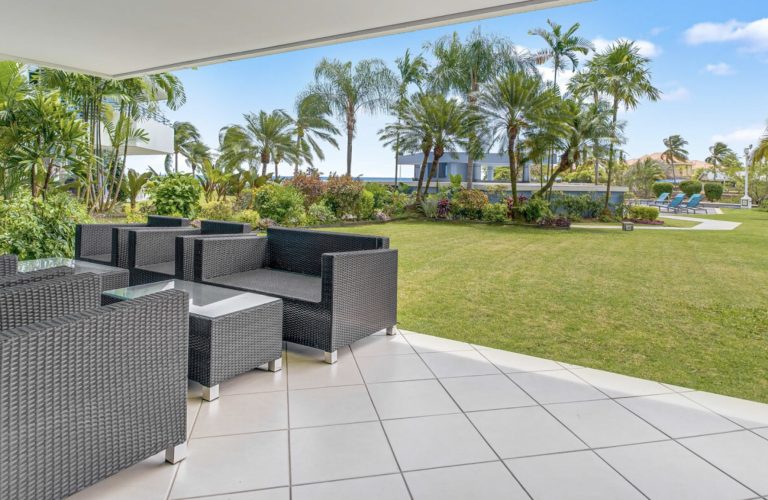Ground rent refers to the money you pay to a landlord, or freeholder, of a property if you own a long lease on it. Usually paid annually or every six months, the amount is generally low but can increase depending on the terms.
This rent is not to be confused with service charges, which are paid to a landlord on a leasehold property to cover repair and maintenance costs on a building.
Here we’ll look at the details of ground rent, why you might be asked to pay it and whether it’s a legal necessity.
Story Stages
Who pays ground rent?
If you own a property, whether it’s a house or an apartment, and it’s listed as leasehold, you will likely have to pay ground rent to the person who owns the land. In some instances, you can buy out your ground rent by applying to Land Registry. Apartments can’t be sold without a leasehold title as they’re built on the same land.
If you’re unsure, your solicitor can help find out if you’ll need to pay ground rent and who you should pay it to.
How much does ground rent cost?
The amount is usually low but can be anywhere between £10 and a few hundred pounds per year. Modern apartments tend to have higher rates of ground rent than older flats or houses.
If you own a leasehold property, it’s advisable to check whether your ground rent is based on a fixed amount or if it’s escalating. Escalating means the cost will increase after a certain number of years of the lease so it’s a good idea to check the remaining term to avoid any surprise bills.
Some leasehold properties operate on a ‘peppercorn’ rent basis. This means the ground rent is nominal and is often less than £1 per year.
Do I have to pay ground rent?
The landowner, or freeholder, must officially ask you to pay the ground rent, which is usually done via post. If this doesn’t happen then you don’t need to pay any ground rent. If the landowner asks for it and you don’t pay, they can take you to court to recover the costs.
Can I rent out my leasehold property?
Whether you can rent out your home depends on the terms of your lease, even if you own the property. You’ll still need permission from the freeholder as it’s classed as sub-letting.
If you’re wanting to buy a leasehold property with the intention of renting it out, it’s worth checking the terms with the estate agent beforehand to ensure you won’t be in breach of any terms of contract.
